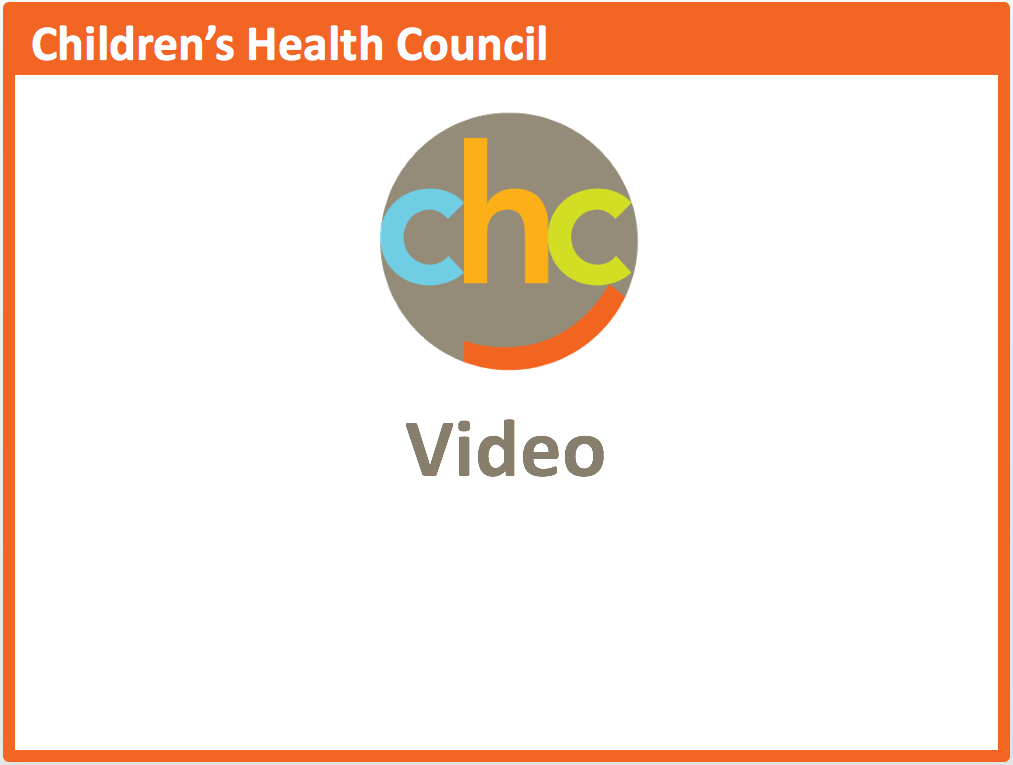 Students with learning disabilities must be able to advocate effectively for themselves. Beginning in the early years and continuing throughout their school lives, students with learning disabilities must be supported in learning how to self-advocate.
Students with learning disabilities must be able to advocate effectively for themselves. Beginning in the early years and continuing throughout their school lives, students with learning disabilities must be supported in learning how to self-advocate.
Students with learning disabilities may not self-advocate effectively for a number of reasons.
- They may lack knowledge of themselves as learners and have difficulty describing their abilities, their needs, and the conditions that best support their learning.
- They may not know who to speak with about obtaining assistance or adaptations, what
to ask for, how to ask for it, or how to best utilize supports. - They may lack the ability to articulate personal strengths and needs. This may be the result of difficulties with expressive language or social skills, or a lack of practise in communicating their needs.
- They may have limited confidence and low self-esteem. As a result, they may be
reluctant to ask questions in class or ask for extra assistance. They may not want to be perceived as being “stupid” or a “trouble-maker.” - They may be passive about their involvement in their education and feel that the future of their education is beyond their control.
- They may rely on parents and teachers to advocate for them.
- They may encounter people (at home, at school, in the community, in the workplace,
and so on) who do not understand learning disabilities or why adaptations or assistance may be appropriate.
There are many ways in which teachers and other members of student support teams can help students develop self-advocacy skills. The goal of this module is to provide practical strategies and teaching tips that contribute to the development of self-advocacy for students with learning disabilities.
Download the PDF for Supporting Self-Advocacy and Success in Student Learning.
Source: Manitoba Education and Early Childhood Learning | Supporting Self-Advocacy and Success in Student Learning, https://www.edu.gov.mb.ca/k12/docs/support/learn_disabilities/module7.pdf | Public domain under the OpenMB Information and Data Use License. Retrieved January 2023.
If you have concerns about your child or teen, CHC Care Coordinators can arrange a free 30-minute consultation so you can explore options with an expert. We invite you to call or email us at 650.688.3625 or careteam@stage.chconline.org to set up an initial Parent Consultation appointment. CHC teletherapy services are available now.



